What Dental Services Are Covered by Medicare Advantage Plans?
Wondering what dental services are covered by Medicare Advantage plans? Coverage varies widely, but may include preventive, diagnostic, and some restorative services. Our article breaks down the essentials, providing you with insight into plan variations and what to expect when selecting dental benefits under Medicare Advantage.
Key Takeaways
- Medicare Advantage dental plans offer varying levels of coverage for preventive, diagnostic, and restorative services, with some plans requiring waiting periods and allowing access only to in-network providers.
- The costs, coverage limits, and network sizes of Medicare Advantage dental plans differ significantly; enrollees should compare plans carefully, considering factors such as premiums, co-pays, coinsurance, and network availability.
- Alternatives to Medicare Advantage dental coverage include standalone dental insurance, which can provide more expansive coverage, and Medicaid, which offers a range of dental services.
Compare Plans in One Step!
Enter Zip Code
Exploring Dental Services in Medicare Advantage Plans
Medicare Advantage dental plans cover dental services such as preventive, diagnostic, and restorative services, but dental benefits coverage varies between plans. While many enrollees have access to preventive benefits, coverage for other covered dental services can depend on the plan, and may be subject to limitations such as one cleaning every six months or one set of x-rays a year.
Keep in mind that dental coverage is optional and not a requirement for all Medicare Advantage plans.
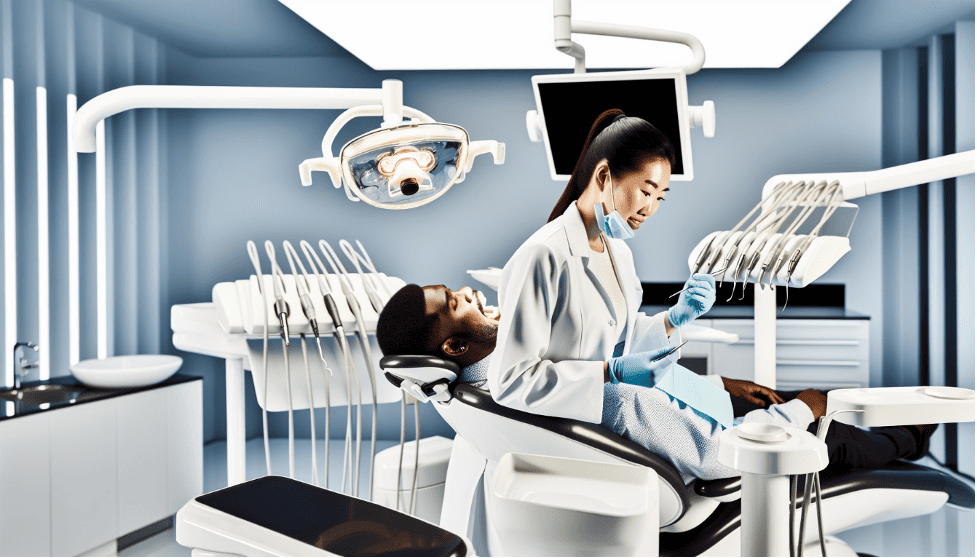
Preventive Services
Preventive dental services may be incorporated into Medicare Advantage dental plans. Typically, these preventive services include:
- Oral exams
- Cleanings
- Dental x-rays
- Occasionally fluoride treatments
As a standard, cleanings are covered twice per year in Medicare Advantage dental plans.
Diagnostic Services
The coverage for dental diagnostic services may differ among various Medicare Advantage dental plans. Some plans may include dental X-rays as part of their routine coverage, while others may not. However, most Medicare Advantage plans do encompass all varieties of dental X-rays as part of the diagnostic services provided.
Bear in mind that the frequency limits for X-rays can fluctuate significantly among Medicare Advantage dental plans, thus impacting how often X-ray diagnostic services are covered under the plan.
Restorative Services
Restorative services that are often covered by Medicare Advantage dental plans include:
- Fillings
- Endodontics
- Periodontics
- Prosthodontics
- Oral surgery
However, it’s important to note that restorative service coverage can differ among various Medicare Advantage plans.
Cigna Medicare Advantage plans offer comprehensive dental coverage. This includes services like endodontics, extractions, and other restorative treatments. For the most precise details regarding the coverage of comprehensive services in your Medicare Advantage dental plan, it is advisable to directly inquire with your plan.
Comparing Medicare Advantage Dental Coverage Options
While exploring Medicare Advantage plans for dental coverage, it is vital to scrutinize the diverging plan costs for different services, along with the common coverage limits, which could include constraints on the repetition of certain procedures like cleanings, extractions, or the provision of dentures.
The costs of dental services on a Medicare Advantage plan are influenced by the specific plan and the type of service provided.
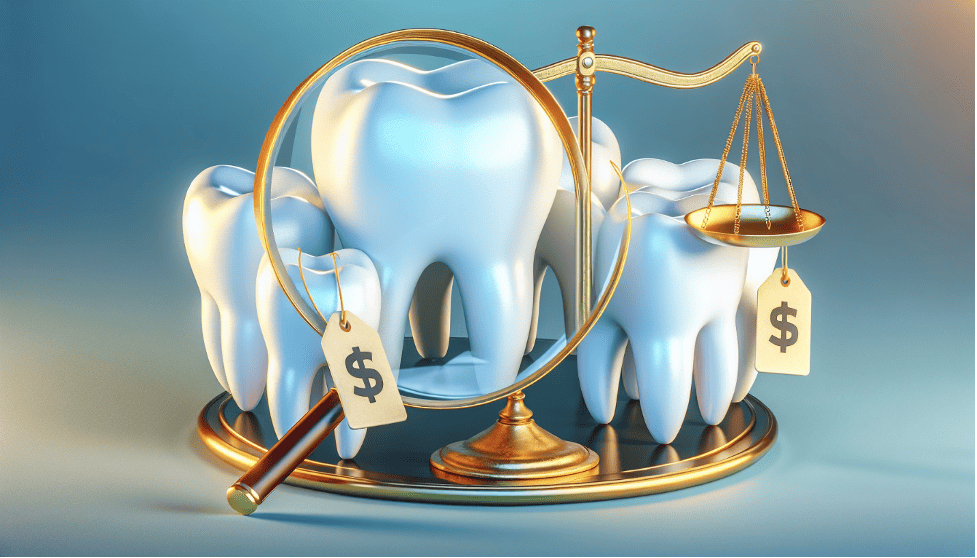
Some plans may entail a copay or coinsurance for each service. For example, if a filling requires a 50% coinsurance, the individual would be responsible for paying 50% of the cost.
Network Size and Provider Availability
Medicare Advantage plans with dental coverage may stipulate that enrollees must utilize in-network dental providers for all covered services. A larger network generally provides a wider array of choices, giving members increased flexibility in choosing their preferred dental care providers.
The scope of network sizes among Medicare Advantage dental plans can differ substantially. Maintaining a high quality of care within the plan necessitates a substantial number of providers in the network. It’s easy for members to find an in-network provider by using the searchable directory on their plan’s website.
Plan Costs and Coverage Limits
Keep in mind that the usual annual coverage limits for dental services in Medicare Advantage plans generally range. The typical pricing for Medicare Advantage dental plans varies per year in premiums.
The terms coinsurance and copayments denote the share of dental expenses that the beneficiary has to bear. These personal expenses can greatly influence the total healthcare expenses and the premiums paid by beneficiaries for their health insurance.
Member Satisfaction and Star Ratings
CMS star ratings play a significant role in assessing a plan’s quality, including its dental coverage, and can significantly influence a beneficiary’s choice of plan. According to CMS, Cigna’s star ratings are lower than the industry average, and similarly, Wellcare’s star ratings and member satisfaction are below those of other major providers.

Among UHC Medicare Advantage members, 67% are in highly rated plans, indicating a significant portion of their plans are regarded well in terms of star ratings. Humana’s Medicare Advantage plans boast a member satisfaction rating that surpasses the industry average, signifying a more favorable member experience.
Despite Cigna’s lower star ratings, their member experience ratings surpass those of other major providers, being above average.
Understanding Limitations and Restrictions
Medicare Advantage dental coverage comes with certain limitations and restrictions. Understanding these limitations is crucial as they may influence the accessibility of dental services and the extent of coverage provided.
Medicare Advantage plans may enforce waiting periods prior to the eligibility for specific dental services. These waiting periods typically vary from 6 to 12 months, contingent on the specific plan.
Waiting Periods
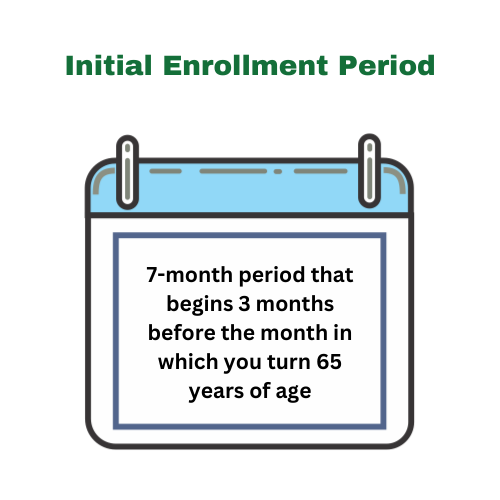
A waiting period in dental insurance refers to the duration of time an individual must wait after enrolling in a plan before becoming eligible for coverage for specific dental procedures.
The waiting periods for dental services in Medicare Advantage Plans are implemented to control expenses and regulate coverage.
The waiting period in Medicare Advantage Plans affects the coverage start date, which commences on the first of the month following the sign-up during the Initial Enrollment Period.
However, the waiting periods for dental services can be waived in Medicare Advantage Plans.
Network Restrictions
Network restrictions in Medicare Advantage Dental Coverage encompass limitations on the frequency of accessing specific dental services, such as cleanings or extractions, and the mandate to obtain covered services from in-network providers.
Medicare Advantage plans can influence the selection of dental providers by imposing limitations on the network of dental providers available for beneficiaries to choose from.
Selecting a dental provider outside of the Medicare Advantage plan network usually results in the plan not being required to cover the services rendered.
Members can confirm the inclusion of a dental provider in their Medicare Advantage plan network by utilizing the plan’s website.
Alternatives to Medicare Advantage Dental Coverage
There are alternatives to Medicare Advantage dental coverage, such as standalone dental insurance and Medicaid, which offer dental coverage. Standalone dental insurance offers a more extensive coverage for oral care in contrast to Medicare Advantage dental coverage, which typically provides restricted coverage for basic dental needs.
Medicaid offers a wide range of dental services, including dental service for children through the Early and Periodic Screening, Diagnostic and Treatment (EPSDT) benefit.
Standalone Dental Insurance
Standalone dental insurance is a specific type of dental plan that is available independently from health insurance plans. Individuals with Medicare lacking dental coverage can address this gap by enrolling in standalone dental insurance and paying a monthly premium.

Standalone dental insurance generally encompasses the expenses related to preventive care, such as regular check-ups, cleanings, and x-rays.
The usual expense linked with standalone dental insurance can vary per month. It is possible to combine certain Medicare Advantage plans with a standalone dental plan to access additional dental coverage.
Medicaid and Other Government Programs
Medicaid provides an extensive range of dental services.
When evaluating Medicare Advantage Dental Plans, it’s important to note that they may have additional premiums compared to other Medicare Advantage benefits, but they also offer more extensive dental coverage, including specialty services.
Tips for Choosing the Right Medicare Advantage Dental Plan
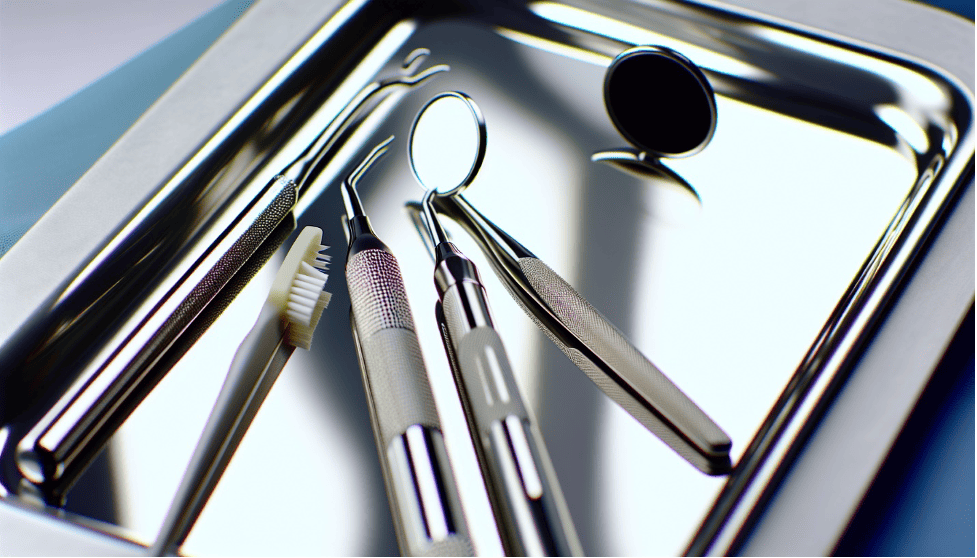
While assessing personal needs for a Medicare Advantage dental plan, you should take into account:
- Specific dental needs
- Budgetary limitations
- Preferred providers
- The range of available dental plan options
- The size of the dental network
To effectively compare the potential benefits and costs of different Medicare Advantage dental plans, it is recommended to utilize the Medicare Plan Finder on Medicare.gov.
Assessing Personal Needs
Older adults may necessitate a range of dental services such as:
- Dental implants
- Root canal therapy
- Dental cleaning
- Teeth whitening
- Fillings
- Extractions
- Crowns
- Gum surgery
It is recommended for seniors to schedule dental visits at least twice a year, or once every six months, for routine dental care and maintenance of dental health.
Personal health conditions, such as diabetes, can have an impact on oral health. Regular dental check-ups allow for the monitoring and adjustment of dental care based on lifestyle-related risks or habits.
Comparing Plan Benefits and Costs
When measuring the premium costs of various Medicare Advantage Dental Plans, it’s necessary to evaluate each plan’s monthly premiums. The typical out-of-pocket expenses in Medicare Advantage Dental Plans can differ markedly.
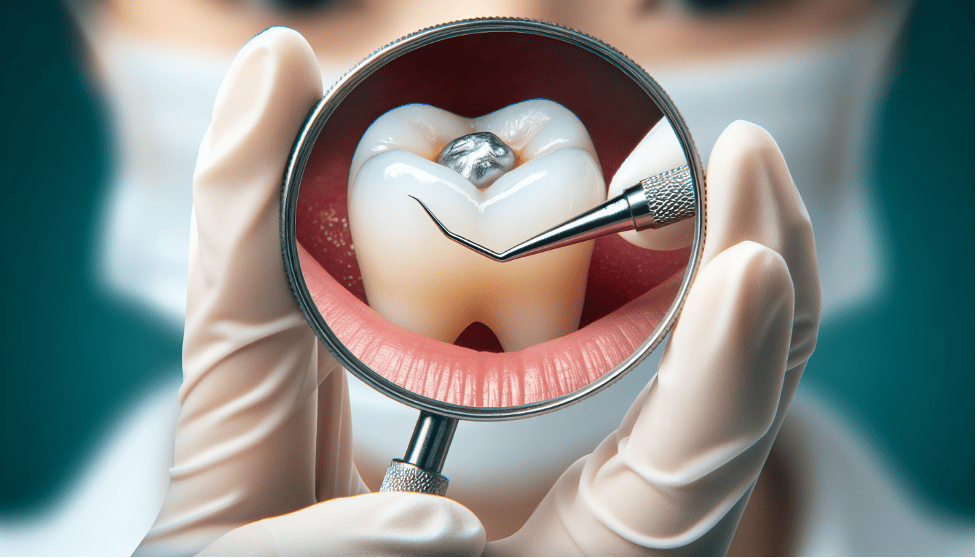
The terms coinsurance and copayments denote the share of dental expenses that the beneficiary has to bear.
Considering Network Availability
Network availability in Medicare Advantage Dental Plans refers to the access to networks of certified dentists covered by the plan.
The availability of such networks is a vital factor in selecting a Medicare Advantage Dental Plan as it directly influences the continuity of care.
Members can confirm the inclusion of a dental provider in their Medicare Advantage plan network by utilizing the plan’s website.
Summary
In conclusion, Medicare Advantage plans can provide a wide range of dental services, including preventive, diagnostic, and restorative services, but coverage varies between plans. When choosing a plan, consider the network size, plan costs, coverage limits, and member satisfaction ratings.
Remember that there are potential limitations and restrictions, such as waiting periods and network restrictions. Alternatives to Medicare Advantage dental coverage include standalone dental insurance and government programs like Medicaid. To choose the right plan, assess your personal needs, compare potential plan benefits and costs, and consider network availability.
Frequently Asked Questions
→ Which Medicare Advantage plan has the best dental coverage 2025?
For the best dental coverage under Medicare Advantage in 2025, consider United Healthcare, Aetna, Humana, or AARP/UnitedHealthcare. These plans offer various advantages such as national coverage, online tools, and good customer service.
→ How often will Medicare pay for a set of dentures?
Medicare does not cover dentures or routine dental care, including dental exams and cleanings. Most plans only provide coverage for new or replacement dentures every five years.
→ What are the typical dental services included in Medicare Advantage dental plans?
Medicare Advantage dental plans usually include preventive services like cleanings and exams, along with diagnostic services such as X-rays and restorative services like fillings and extractions. These plans may offer comprehensive dental benefits to ensure overall oral health.
→ What are preventive services in Medicare Advantage dental plans?
Preventive services in Medicare Advantage dental plans often include oral exams, cleanings, dental x-rays, and occasional fluoride treatments. These services are designed to help maintain good oral health.

ZRN Health & Financial Services, LLC, a Texas limited liability company
Russell Noga is the CEO of ZRN Health & Financial Services, and head content editor of several Medicare insurance online publications. He has over 15 years of experience as a licensed Medicare insurance broker helping Medicare beneficiaries learn about Medicare, Medicare Advantage Plans, Medigap insurance, and Medicare Part D prescription drug plans.



